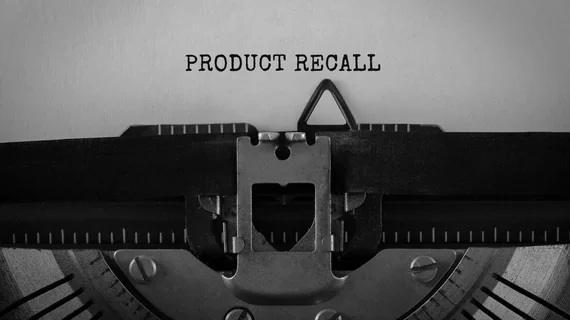FDA announces recall of infusion pumps after thousands of complaints, 1 death
InfuTronix has recalled its Halo Ambulatory Infusion System and several Nimbus pumps after 3,698 complaints and one death, attributed to device failures. Due to a serious risk of medication overdoses and patient dehydration, the U.S. Food and Drug Administration (FDA) has identified this as a Class I recall, the most serious type.
The infusion systems are used in hospitals and healthcare facilities, but are often also used at-home for patients to distribute their own pain medication. Malfunctions in the systems—ranging from battery failures to line blockages—can cause serious adverse health events, including seizures and death.
InfuTronix sent customers an Urgent Medical Device Removal letter in February, recommending use of the recalled systems cease immediately as part of their larger removal from the market.
All recalled devices will no longer be available or supported after June 20, 2024.
What is being recalled?
A total of 52,328 systems released between February 27, 2015 and February 29, 2024 are subject to the urgent recall. The specific product codes for affected devices can be found by clicking the links below:
- Nimbus Administration Set; Nimbus Flex; Nimbus PainPro (Halo Ambulatory Infusion System)
- Nimbus II Infusion System; Nimbus II PainPRO; Nimbus II Flex; Nimbus II Plus
These infusion pumps and systems are used to administer medications subcutaneously, intradermally, intrathecally and intravenously. In its notice, the FDA warns use of the above products “may lead to serious injury or death.”
Next Steps
Any provider or patient in possession of any of the recalled infusion systems is being instructed to contact InfuTronix at Customerservice@intuvie.com to initiate a return.
Providers are being asked to seek alternatives for patients immediately, as soon as a safe system can be acquired for their patients.
The full FDA recall notice can be found here.

